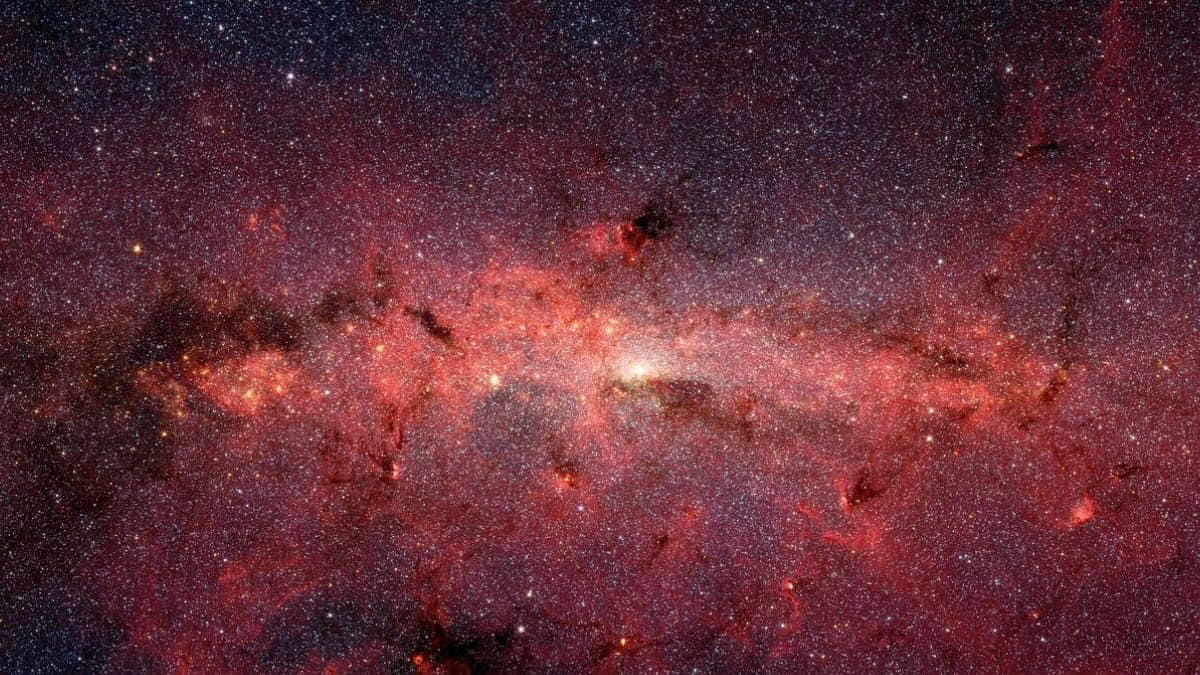
Universe is 27B years old, dark matter doesn't exist: Study
What's the story
In a groundbreaking study, Professor Rajendra Gupta from the University of Ottawa, Canada has proposed that the universe is roughly 27 billion years old. His research also questions the existence of dark matter. Gupta's findings are based on a unique model that combines two theories: tired light (TL) and covarying coupling constants (CCC). This new approach provides a new perspective on understanding cosmic phenomena.
Theoretical foundation
Challenging fundamental constants of nature
The CCC theory, a major part of Gupta's model, refutes the idea that some things like the speed of light or an electron's charge are fixed constants of nature. Meanwhile, the 'tired light' idea suggests that light loses energy over long distances, resulting in redder wavelengths and removing the need for an expanding universe. Together, these theories create a new framework to explain cosmic events.
New perspective
Universe's expansion due to weakening natural forces
Gupta's research indicates that the universe is 26.7 billion years old, eliminating the need for dark matter. He said, "Contrary to standard cosmological theories where the accelerated expansion of the universe is attributed to dark energy, our findings indicate that this expansion is due to the weakening forces of nature, not dark energy." This challenges long-held beliefs about cosmic expansion, and provides a new understanding of universal phenomena.
Research focus
Study focuses on 'redshifts' in space
A major chunk of Gupta's study was devoted to studying "redshifts," a phenomenon where light shifts toward the red end of the spectrum while traveling through space. After studying data on galaxy distribution at low redshifts and patterns seen in the early universe at high redshifts, he concluded that dark matter doesn't exist.